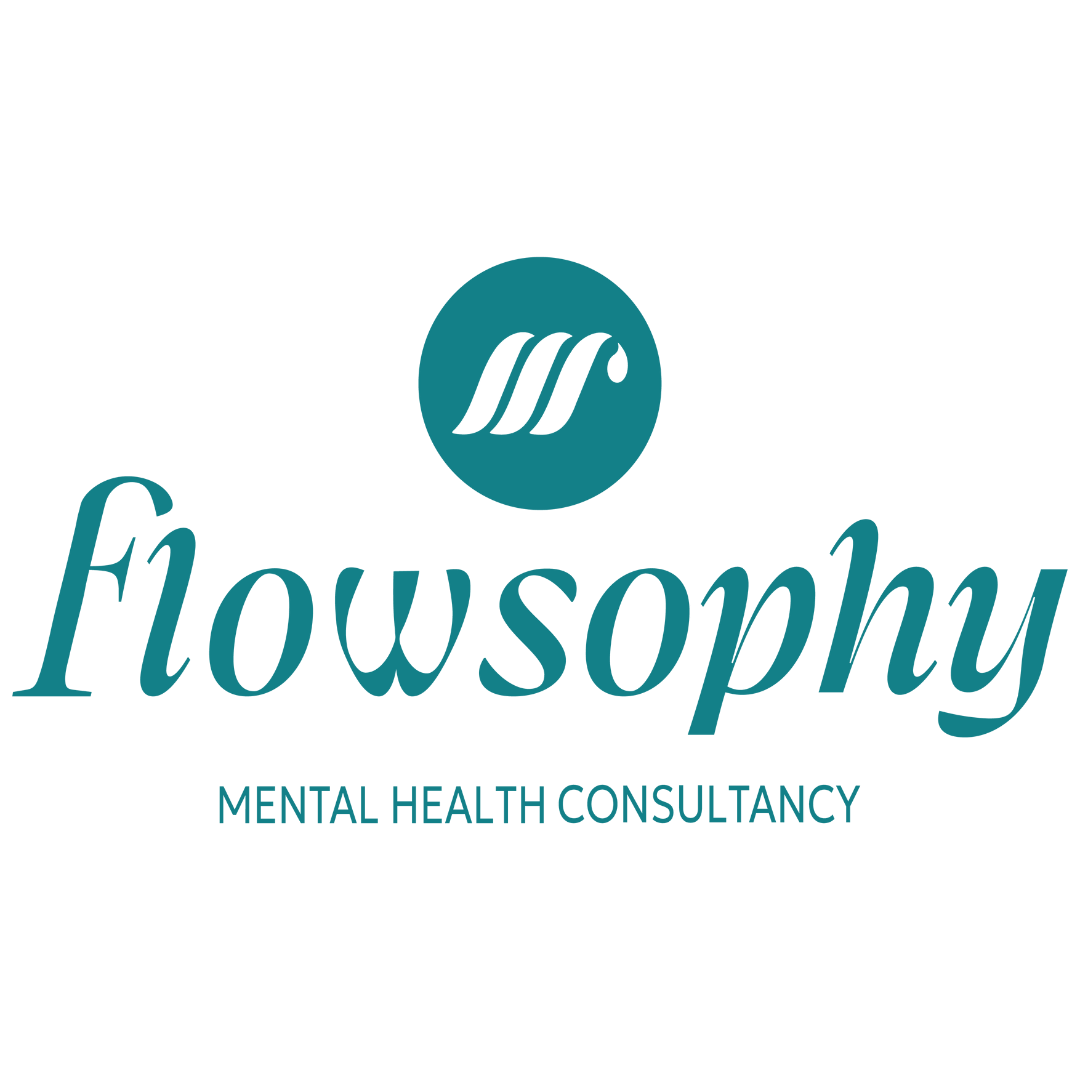The Power of Self-Compassion in Healing
In a world that often pushes us to succeed at all costs, many of us find ourselves struggling under the weight of our own expectations. We fight to prove ourselves, to rise above failures, and to be better. Yet, in the pursuit of perfection, we may lose sight of something essential: the ability to offer kindness and understanding to ourselves.
The journey to healing, whether from emotional wounds, burnout, or personal setbacks, begins not with harsh criticism, but with the soft touch of self-compassion.
Imagine a small child learning to walk. They fall, stumble, and struggle to find balance. How would you encourage this child? Would you chastise them for their mistakes or offer them the patience and support they need to try again? In the same way, we must learn to treat ourselves with the same gentleness. Each fall, each failure, is part of the process, and it is through compassion that we find the strength to continue.
Yet, self-compassion is not merely an act of kindness; it is a call to personal responsibility. When we extend compassion to ourselves, we acknowledge that we are fallible, but we also remind ourselves that we have the capacity to improve. This acknowledgment is not an excuse for inaction, but an invitation to growth.
True self-compassion involves recognizing both our potential and our limitations. It requires us to honestly assess where we are weak, where we have fallen short, but to do so without cruelty. It demands that we take ourselves seriously, not in a way that punishes, but in a way that encourages transformation. If we are willing to treat ourselves as someone we deeply care for, we will find within us the capacity for healing.
To move forward, we must first accept where we stand. This is the essence of mindfulness. It is the practice of being present with ourselves as we are, not as we wish to be. In doing so, we make space for healing. When we stop fighting against our pain or shortcomings and instead approach them with curiosity and care, we create an environment where growth is possible.
Healing begins when we create a dialogue within ourselves that is both compassionate and firm. We do not deny the difficulties we face, nor do we shrink from the hard truths. But instead of berating ourselves for our flaws, we speak kindly to ourselves, offering the support necessary to overcome them. This balance of gentleness and responsibility is the key to lasting transformation.
Many of us fear that self-compassion will make us weak, that it will encourage us to remain stagnant in our suffering. Yet, the opposite is true. Compassion builds resilience. It is only when we stop tearing ourselves down that we can summon the strength to stand tall again. When we cultivate self-compassion, we develop a deeper well of patience and persistence, allowing us to endure challenges with greater fortitude.
We cannot heal what we do not love. Just as a garden flourishes under careful, nurturing hands, so too do we blossom when we tend to ourselves with compassion. Through self-compassion, we give ourselves permission to heal, to grow, and to thrive.
In the end, healing is a process that requires both tenderness and courage. It is the ability to acknowledge our pain without becoming overwhelmed by it, to face our shortcomings without succumbing to self-hatred. When we offer ourselves the gift of self-compassion, we unlock the power to transform our suffering into strength, our wounds into wisdom.
The journey to healing begins with one simple act: the willingness to be kind to ourselves. In doing so, we step into our own power, ready to face the world not as broken beings, but as whole and capable individuals. And in that wholeness, we find the true essence of healing.
Did any of the points of the article resonate with you?
At Flowsophy, we understand that taking the first step towards counselling can be the hardest.
That’s why we offer a free 15 minute discovery call.
